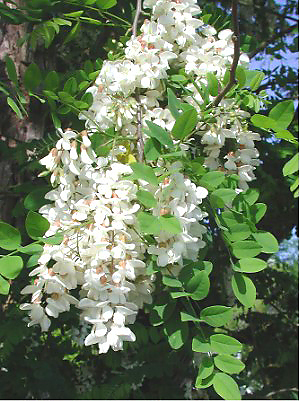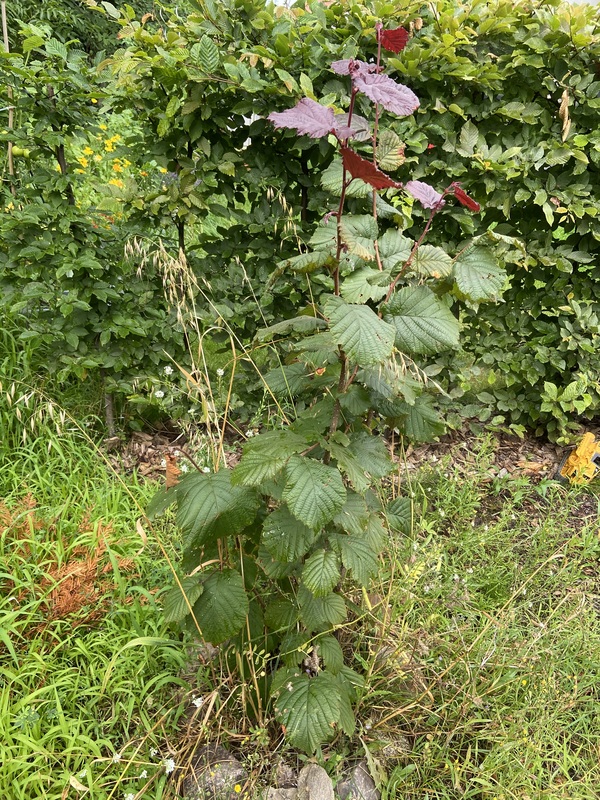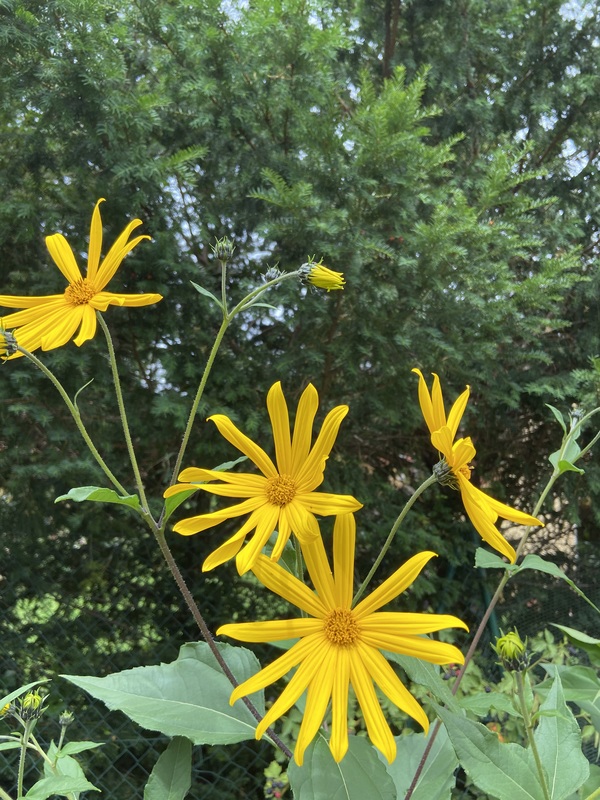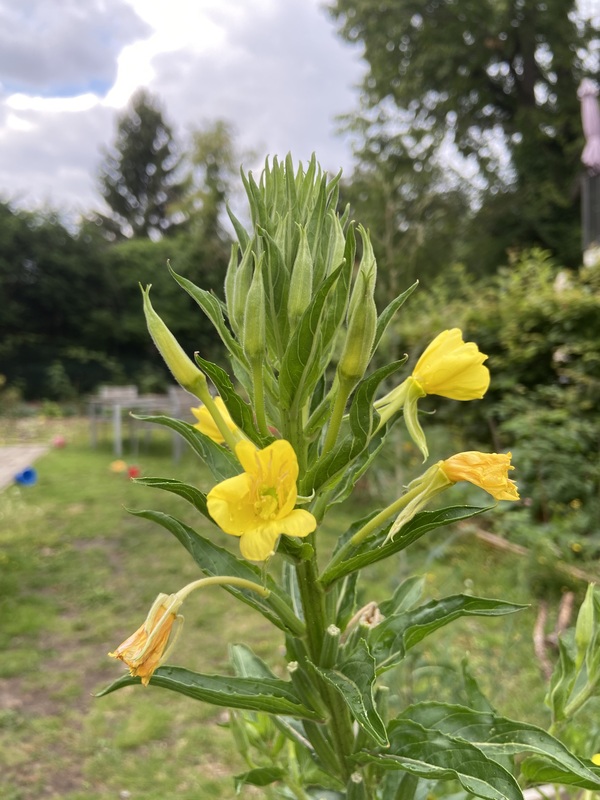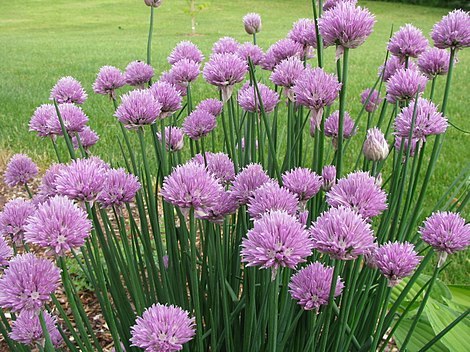Description
New Jersey Tea is a shrub native to North America, particularly prized in permaculture and native plant gardening for its ecological and ornamental qualities. New Jersey Tea is a small, deciduous shrub, typically growing 2 to 3 feet tall, but it can reach up to 4 feet. It has a bushy habit with deep green, glossy leaves.
One of its notable features is its deep root system, which makes it drought-resistant once established and helps in stabilizing soil. Like many plants in the Ceanothus genus, New Jersey Tea is a nitrogen-fixing plant, meaning it can convert atmospheric nitrogen into a form usable by plants, thus enriching the soil.
The common name “New Jersey Tea” dates back to the American Revolutionary War era when its leaves were used as a substitute for tea. Traditionally, the roots were used in herbal medicine by Native Americans for various ailments, including asthma and skin disorders.
New Jersey Tea is adaptable to a range of soil types, including sandy and rocky soils, but prefers well-drained conditions. It thrives in full sun to partial shade. Once established, it is quite drought-tolerant, making it a good choice for xeriscaping. It requires minimal care once established and is relatively pest and disease-free.
In permaculture systems, it can be used as part of a hedgerow, in pollinator gardens, or in any design that aims to incorporate native, multifunctional plants.
